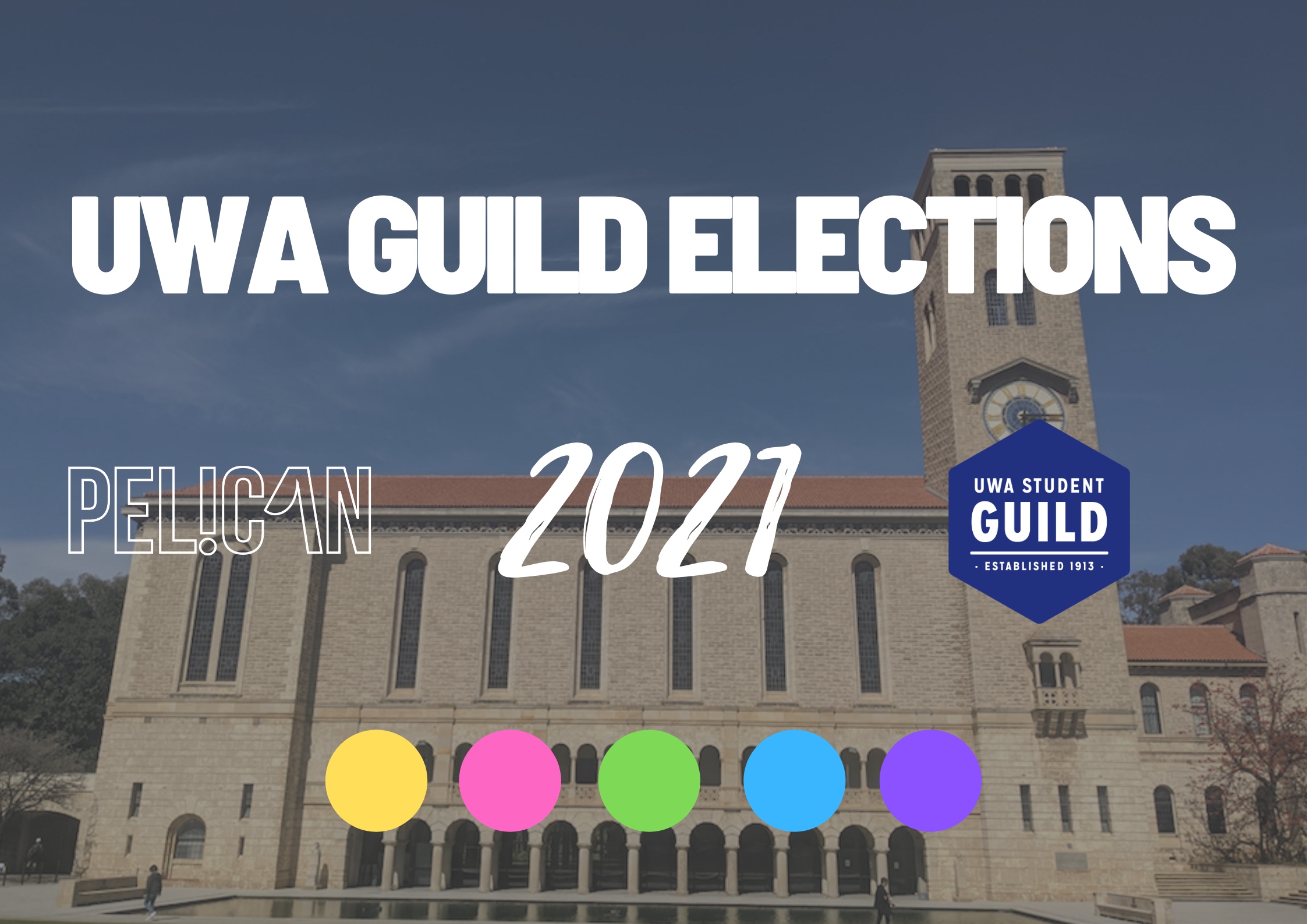By Riley Faulds
UWA is well known for its clubs and its Guild, both for the positives (‘best campus culture in the state woo’) and the negatives (elections, perhaps?). But beyond pros and cons, it is certain that behind the scenes in clubs and in our Guild are many hard-working students, who pour countless hours into making the student experience at UWA memorable. Much of this contribution goes under the radar, but one prestigious annual award, the Cruickshank-Routley Memorial Prize, publicly recognises one of these students each year. This award has a long and important history; however, this year, questions are being asked about how student representatives influence the awarding of this Prize.
To begin, here is some information about the Prize itself and how it is awarded…
Every year, to recognise the hard work involved in Guild and Club life, the Cruickshank-Routley Memorial Prize is awarded to one outstanding student, who has, according to its guidelines:
-
“Made the greatest contribution and been of the greatest service to student life and activities, particularly in all phases of the activities and projects carried on by the UWA Student Guild, the Guild Council and its subsidiary councils and committees and affiliated University clubs and societies or in any of them individually…
-
Exhibited moral character, leadership and an interest in their fellows.”
This award honours Ian Cruickshank and George Routley, two students who were very active in Guild and Club life at UWA before their tragic deaths in a car accident. The Prize was first awarded in 1955.
Nominations for the award are accepted from Clubs and Societies, College Student Societies, and Guild Volunteering. Nominations are sent by email to the Guild President. The selection committee may also select a student for the award who hasn’t been nominated by these bodies; whether this means ordinary students can make nominations, or if the panel can suggest people themselves isn’t entirely clear.
The selection committee is composed of the following people:
- The Guild President
- The Senior Deputy Vice-Chancellor or a delegate
- The Chair of Academic Board or a delegate
- One family member of Ian Cruickshank and one of George Routley
The committee may also request other attendees appear on the panel; these people can take part in the deliberations for the award if requested to do so. In the past, this has seen other student representatives added to the panel.
This year, allegations have emerged that the Cruickshank-Routley Memorial Prize has been included in conversations around preference deals between election tickets. A number of sources from across party lines have detailed alleged conversations in which the possibility of the Prize being offered as an inducement in preference swaps was discussed. It has been alleged that suggestions were made that in return for preferences the student representative/s on the Prize’s selection panel would consider influencing the outcome of the process.
This allegation is disappointing and concerning. The monetary component of the Prize would generally be a pleasant and well-deserved recognition for a winner, recognising the many hours of work that they as a Guild or Club representative have put into the student experience at UWA. However, if the Prize has been offered as an inducement for Guild-political purposes, the financial incentive is a particularly concerning aspect of any deal. The nature of the Prize as a Memorial also makes these reports especially disappointing.
It is important to note that multiple tickets are implicated in the alleged conversations that have taken place. And, of course, conversations between tickets around preference deals occur regularly around elections time and often fall through or are part of broader political manoeuvring that has no influence come election time. This appears to be the case this year. Furthermore, it is unclear whether an offer of influence over awarding the Prize could amount to any tangible outcome, particularly as the panel includes representatives of the University and the families. Naturally, however, the student representatives on the panel would have the closest insight into student nominees, and this insight could conceivably be relied upon in distinguishing between the various highly qualified and similarly deserving candidates. Questions therefore remain over whether student representatives of electoral tickets should have influence over an award of this nature full stop.
A Prize of this importance and with the monetary component attached to it should be awarded entirely apolitically. There have been many deserving winners over the past six decades, and to prevent any undue future politicisation – or even just the potential perception of it – reform of the process may be necessary.

